What Pinterest’s Affiliate Link Removal Means For Bloggers
This is not a post I had planned in my editorial calendar, but after having a day or two to think it over, I wanted to address the issue of Pinterest and affiliate links, and what it means for us bloggers and digital business people who monetize out Pinterest feeds. I came as something as a shock for me on Thursday night when an email from Pinterest dropped into my inbox with the subject line: ‘Removing All Affiliate Links’. My first thought was panic. It is no secret that a very large portion of my income comes from affiliate links, and at the close of 2014 roughly 10% of my income came from Pinterest affiliates.
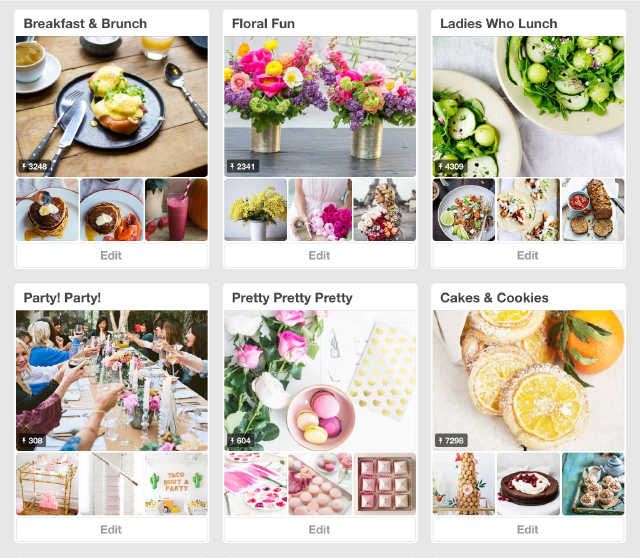
Quite a few people still don’t know what happened. As a Pinterest ‘Power Pinner’ the Pinterest team let me know what was happening with this email. Essentially, Pinterest has been removing affiliate links from their site for a while now, but as of yesterday they’ve removing all of them, even from providers such as rewardStyle they had made exceptions for. You can read more about this in this article from Venture Beat.
The next morning I reached out to the Pinterest UK team to ask for some clarification and elaboration on their reasoning for doing this (preventing spammy behaviour, broken links etc. to improve user experience). Now, I know a lot of bloggers are angry about this. I think I would be more so, if it were not for the fact I really understand where Pinterest are coming from with this, trying to keep the quality of the content on the site star, and make everything look better for their users. I love Pinterest, I have a good working relationship with them and that is not going to change, but all I wish and I feel very upset about was the lack of warning; even the Pinterest team on the ground can see it was all very quick, they’ve already apologised to me for it. I needed to re-strategize for a sizeable chunk of my business overnight, and as a ‘Power Pinner’ I was told about the changes; everyone else who uses affiliates on the platform only found out from social media, or their affiliate networks getting in touch with them. A message from rewardStyle stating they were lobbying for a reversal came about 12 hours after ‘Power Pinners’ were informed, and a message appeared on my ShopSense dashboard this morning.
So far I have been working on how I can innovate in monetizing my Pinterest, rather than thinking of things that Pinterest could have done better or differently in this situation, but one thing that struck me in discussions with Danielle, is perhaps that Pinterest should continue to clamp down on the majority of affiliate links, but perhaps make exceptions treating each network differently on a case by case basis. rewardStyle is invite only, so there is an assumption already that rewardStyle links would be used to curate high quality content. The claim that removing affiliates will remove lots of broken shopping links from the site is moot; they are keeping all existing links (just removing the affiliates) and you can still pin regular shopping products to the site anyway, all of which will expire once they are no longer in store.
As I have said, I do think that while this move could have been handled differently, and will have big financial ramifications for a lot of us (me included), I think there are some positives to come out of this move. In Monday’s post on the Ethics of Restaurant Blogging I touched on the ethics of disclosure. I still have not decided if it was right or wrong that some of the items I pinned that included affiliate links did not disclose that they were affiliates (rewardStyle links were marked as such, ShopSense were not), but these changes will insure that all monetized content on Pinterest will be marked as such, as long as the publisher in question is ethical with their disclosures.
I do also think that this will mean that those of us looking to monetize Pinterest will be creating better content on the platform as a result. The message to ‘Power Pinners’ encouraged us to diversify with options such as sponsored campaigns such as curating boards. This is something I had not thought about monetizing before now, but when I update my Media Kit (you can read my post on how to write a media kit for your blog here) I will start offering the option of curating sponsored boards for brands on my Pinterest page. I like the idea of creating a board around a theme for someone.
Another option that I have already, tentatively started exploring are sponsored pins. I get offers every single week from online retailers, offering me money or product to pin their items. To date, I have only accepted one campaign and pinned items for money, and all of these product pins were clearly marked as sponsored. I think the same as any sponsored content, this could work well as a good monetization option for Pinterest, as long as the publisher is careful to only pin items they would have pinned anyway. While my curated boards are something I want to work on a bit more, as of today I’ve made sponsored pins an option you can buy at the same time as sidebar advertising on my advertising page. (As a congrats to those of you who have made it this far in a slightly more technical op-ed post than usual, today I’m offering 20% off of sidebar ads and sponsored pons using the code lovehearts!) I’d love to hear how you feel about seeing more sponsored pins on my Pinterest page, as I feel it could be the best, next foot forward for us bloggers and digital business owners who rely on Pinterest as an income stream.
What are your thoughts on Pinterest’s new changes to their acceptable use policy with regards to affiliate links? Do you think they will improve the content of the Pinterest community? How will they affect your blog or business?

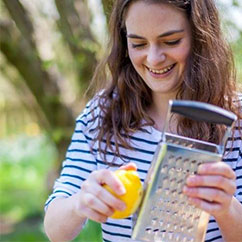
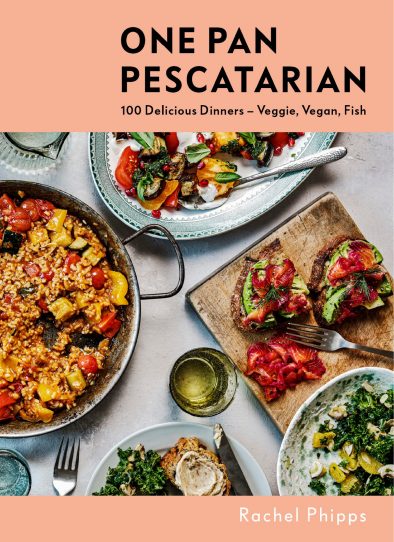
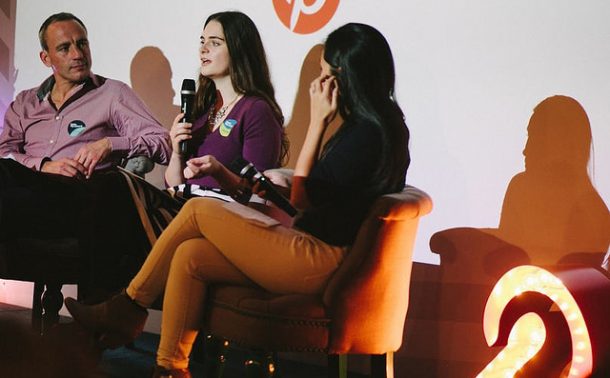
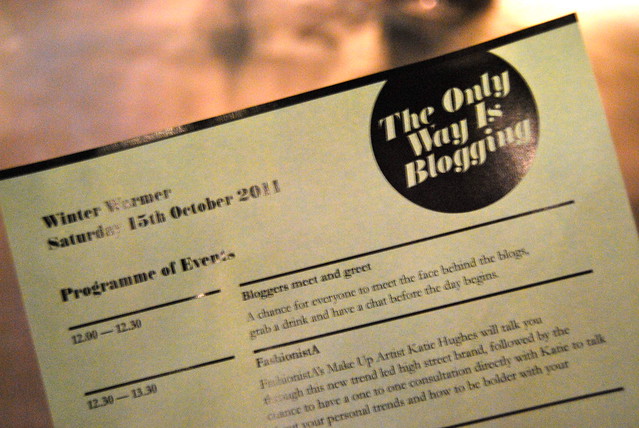

Discussion